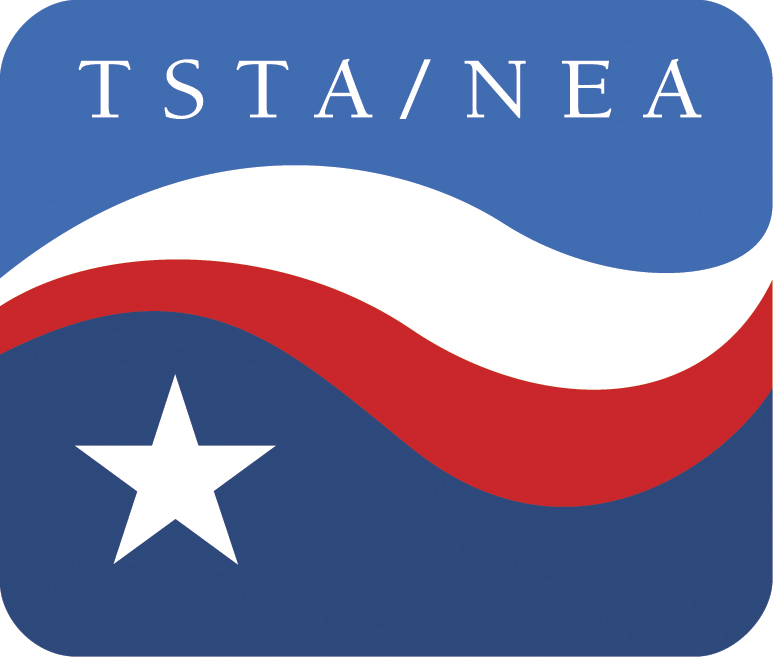Trying to shed light on education foes
Yesterday, the House passed and sent Gov. Rick Perry a bill designed to help teachers, parents and others who value public schools learn a bit more about who is paying for political efforts to undermine public education in Texas. Some political pundits around the Capitol, though, already are predicting the governor will veto the bill. And, they may be correct because the measure likely would step on the toes and inconvenience many of the governor’s own political backers.
The bill, SB346, would require certain nonprofit groups that actively engage in political advocacy to publicly report their larger financial donors to the Texas Ethics Commission. The bill was sponsored by two moderate Republicans. Its apparent targets include conservative groups such as Empower Texans and Texans for Fiscal Responsibility, which use emails, phone calls and similar tactics to bully and stir up opposition in Republican primaries against moderate legislators who dare to waver from the hard, right-wing ideological line.
They were behind the defeat two years ago of an amendment in the House that would have earmarked $2 billion from the Rainy Day Fund to restore part of the $5.4 billion in education budget cuts. The House approved the bipartisan amendment one day. But after an overnight email and phone blitz threatening retaliation in the Republican primary, a number of Republican legislators switched their votes the next day and helped defeat the amendment.
They also helped defeat several moderate Republicans in primary races last year and have tried unsuccessfully to unseat House Speaker Joe Straus because, in their eyes, he is “too moderate.”
Moreover, they are able to conduct their ideological scorched earth campaign without having to report who is backing them financially. For all we know, it may be a handful of ideological, multibillionaire businessmen who, for selfish reasons, want to destroy sound government environmental and economic regulations and replace public schools with new opportunities for online vendors, for-profit charter operators and private schools.
Whatever their motives, they have been influential in the right-wing attack on public education that continues today. And, they are hiding behind a reporting exemption that doesn’t apply to most other players in the political process. The Texas State Teachers Association, for example, supports candidates in legislative and school board races, but it does so through a political action committee whose contributions and expenditures are publicly reported.
This is not a partisan bill. It also would apply to Democratic-leaning groups that also may try to conceal their contributors. It is interesting, however, that the measure was sponsored in the House and the Senate by Republicans who obviously are tired of the intimidation tactics and their anonymous donors.
The fate of the bill, which was approved earlier in the session by the Senate, is now in Gov. Perry’s hands. It will be interesting to see what the governor does with it, since it clearly could force some of his conservative supporters to be more transparent in their activities. If you like the bill, contact his office – he has a website — and urge him to sign it.

